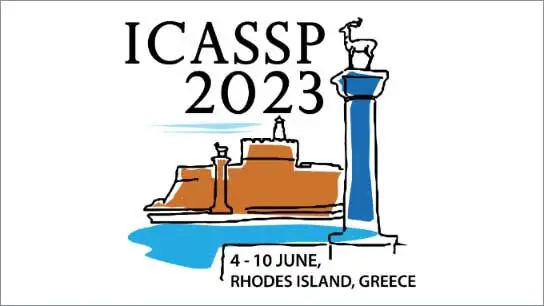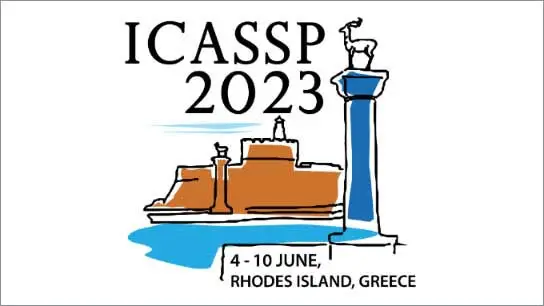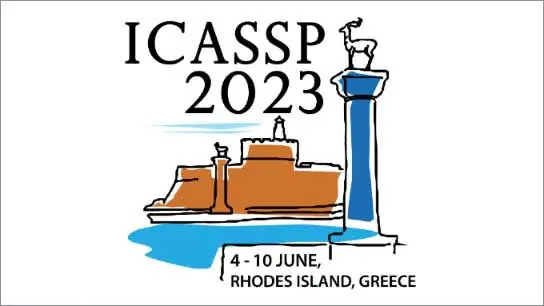An Augmented Gaussian Sum Filter Through a Mixture Decomposition
Kostas Tsampourakis (University of Edinburgh); Victor Elvira (University of Edinburgh)
-
Members: FreeSPS
IEEE Members: $11.00
Non-members: $15.00
07 Jun 2023
Bayesian filtering is an approach to the inference problem for state-space models (SSM),
arising in many disciplines of science and engineering. The well known Gaussian filters tackle the problem using Gaussian approximations of the distributions of the hidden state in the model. Gaussian filters however are unable to track multimodal distributions that commonly arise in complex dynamical systems. The Gaussian sum filter (GSF) addresses this problem by using Gaussian mixture approximations of the filtering distribution. The GSF however has important limitations, requiring small width of the component covariances for good performance. Moreover, in many SSMs the estimates provided by the GSF blow up, due to covariance inflation. In this paper, we propose a way of controlling the
covariances of the underlying Gaussian mixture. Our approach relies on a well known Gaussian identity, which helps us break down each component of the GSF, the 'parent', into several 'children' components of smaller width. These smaller components are propagated through the nonlinearities by local linearization, which results in a smaller error than in the standard GSF. To reduce the resulting mixture we use resampling. We refer to our novel approach as augmented Gaussian sum filter (AGSF). We demonstrate the advantages of our approach using a toy example, for which the extended Kalman filter (EKF) and GSF perform poorly due to covariance inflation.



